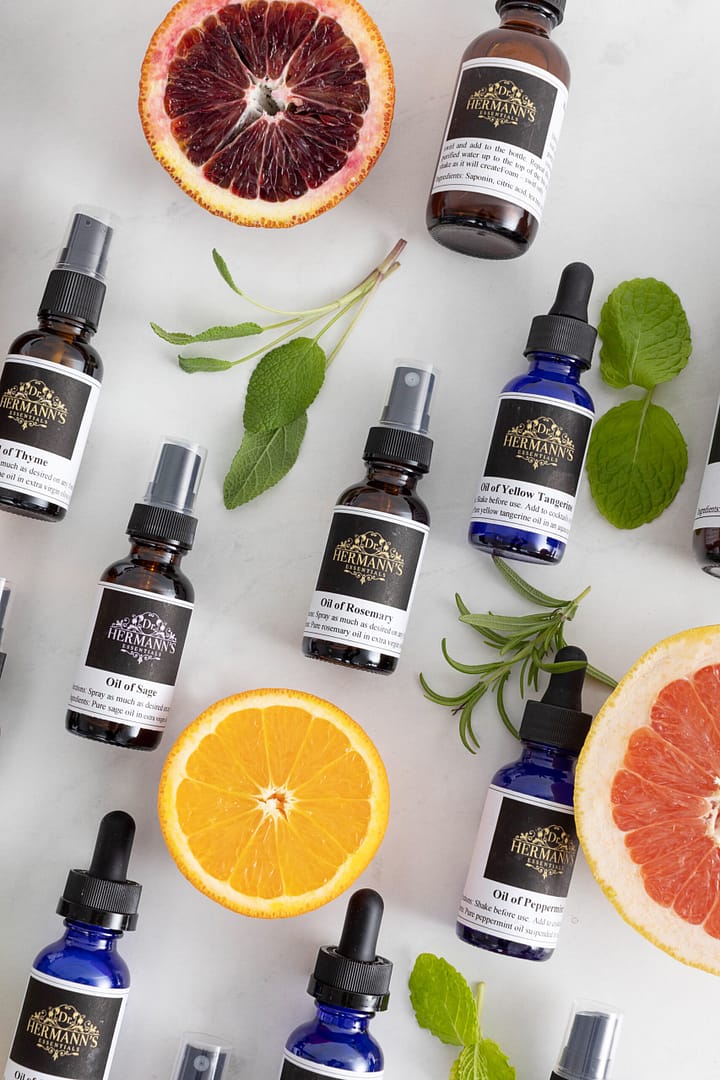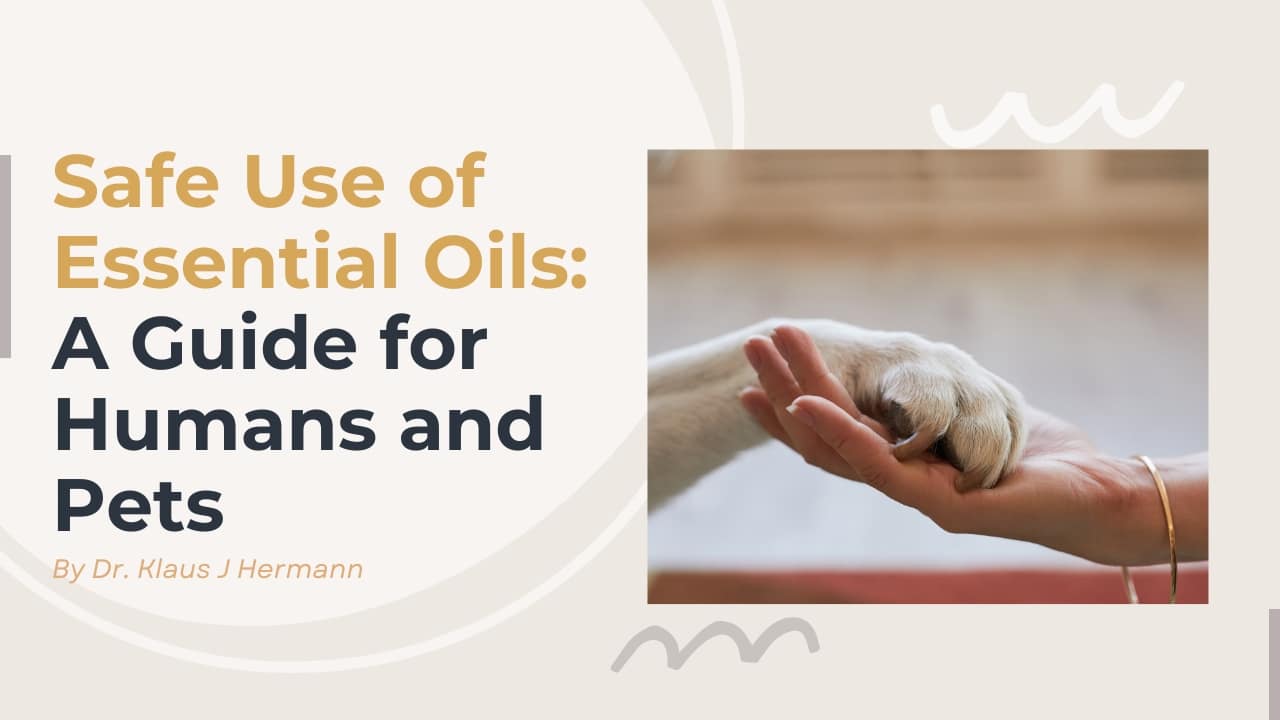For humans, concentrated essential oils can pose a health hazard.
External use of concentrated essential oils can cause irritation or damage to the eyes, airways (with symptoms like coughing, nose and throat irritation, or shortness of breath), and skin (with redness, itchiness, and a burning sensation).
The effects of ingesting essential oils depend on the quantity. Low quantities are generally well-tolerated and do not cause problems. Higher quantities can lead to drowsiness, shallow breathing, coughing, gagging, and choking. Extremely high amounts may be associated with wheezing, shortness of breath, seizures, and coma.
However, essential oils can also have health benefits when used appropriately.
Essential oils beneficial for gastrointestinal issues like bloating and cramping include anise, fennel, ginger, and peppermint.
Others, such as tea tree, lavender, and lemongrass, may be used for their antimicrobial and insect repellent properties.
Similarly, concentrated essential oils can be harmful to pets.
The severity of these effects depends on the species, the specific oils, their formulation and concentration, and how they are applied. Smaller pets like rabbits, guinea pigs, hamsters, and especially birds are more susceptible than larger animals like cats and dogs.
Even in low concentrations, tea tree oil can cause problems for pets.
Essential oils used in diffusers for aromatherapy can create health issues for birds, as their respiratory tracts are more sensitive. They may develop more serious problems than other pets.
If cats or dogs are exposed to higher concentrations of essential oils (through spills, accidental contact, or intentional application), it can result in unsteady walking, depression, and low body temperature.
As a general rule, store essential oils in a safe, preferably locked place, out of reach of children and pets. Clean up spills promptly to avoid accidental exposure. Carefully monitor your pets for any unwanted adverse effects from vaporized essential oils used for aromatherapy.
Thank you and best regards,
Klaus







